Canesten Vaginal Pessary is a medical device containing Clotrimazole, an antifungal agent. This pessary is specifically designed to treat vaginal yeast infections, providing targeted relief and eliminating the underlying cause of infection directly at the site.
Uses
Canesten Vaginal Pessary is primarily used to treat vaginal yeast infections caused by Candida albicans and other susceptible fungal species. It’s effective in alleviating symptoms such as itching, burning, and abnormal discharge associated with these infections.
Benefits
- Provides targeted treatment for vaginal yeast infections
- Relieves itching, burning, and discharge
- Easy to use and convenient
- Offers a localized treatment option
- Helps prevent recurrence when used as directed
- Generally well-tolerated with minimal systemic absorption
How It Works
Clotrimazole, the active ingredient in Canesten Vaginal Pessary, works by disrupting the fungal cell membrane. This action leads to increased permeability, causing essential components to leak out of the fungal cells, ultimately resulting in their death and eliminating the infection.
Dosage
Insert one Canesten Vaginal Pessary deep into the vagina at bedtime. The typical treatment course is one pessary for one to three nights, depending on the product strength and your doctor’s recommendation. Always complete the full course of treatment, even if symptoms improve.
Side Effects
Most women tolerate Canesten Vaginal Pessary well. However, some may experience mild local irritation, burning sensation, or increased vaginal discharge. If these symptoms persist or worsen, consult your healthcare provider.
Warning
Do not use Canesten Vaginal Pessary if you are allergic to Clotrimazole or any of the inactive ingredients. Avoid sexual intercourse during treatment to prevent irritation and potential transmission to your partner. If symptoms persist after treatment, seek medical advice.
Pregnancy and Breastfeeding
Consult your healthcare provider before using Canesten Vaginal Pessary if you are pregnant or breastfeeding. While Clotrimazole is generally considered safe during pregnancy, it’s important to weigh potential risks and benefits under medical supervision.
Interaction
- Minimal risk of drug interactions when used as directed
- May reduce the effectiveness of latex contraceptives (condoms, diaphragms)
- Inform your healthcare provider about all medications you’re using, including other vaginal products
Important Information
Maintain good hygiene practices to prevent reinfection. Complete the full course of treatment as prescribed, even if symptoms improve quickly. If symptoms persist or recur frequently, consult your healthcare provider as this may indicate an underlying health issue or a different type of infection requiring alternative treatment.

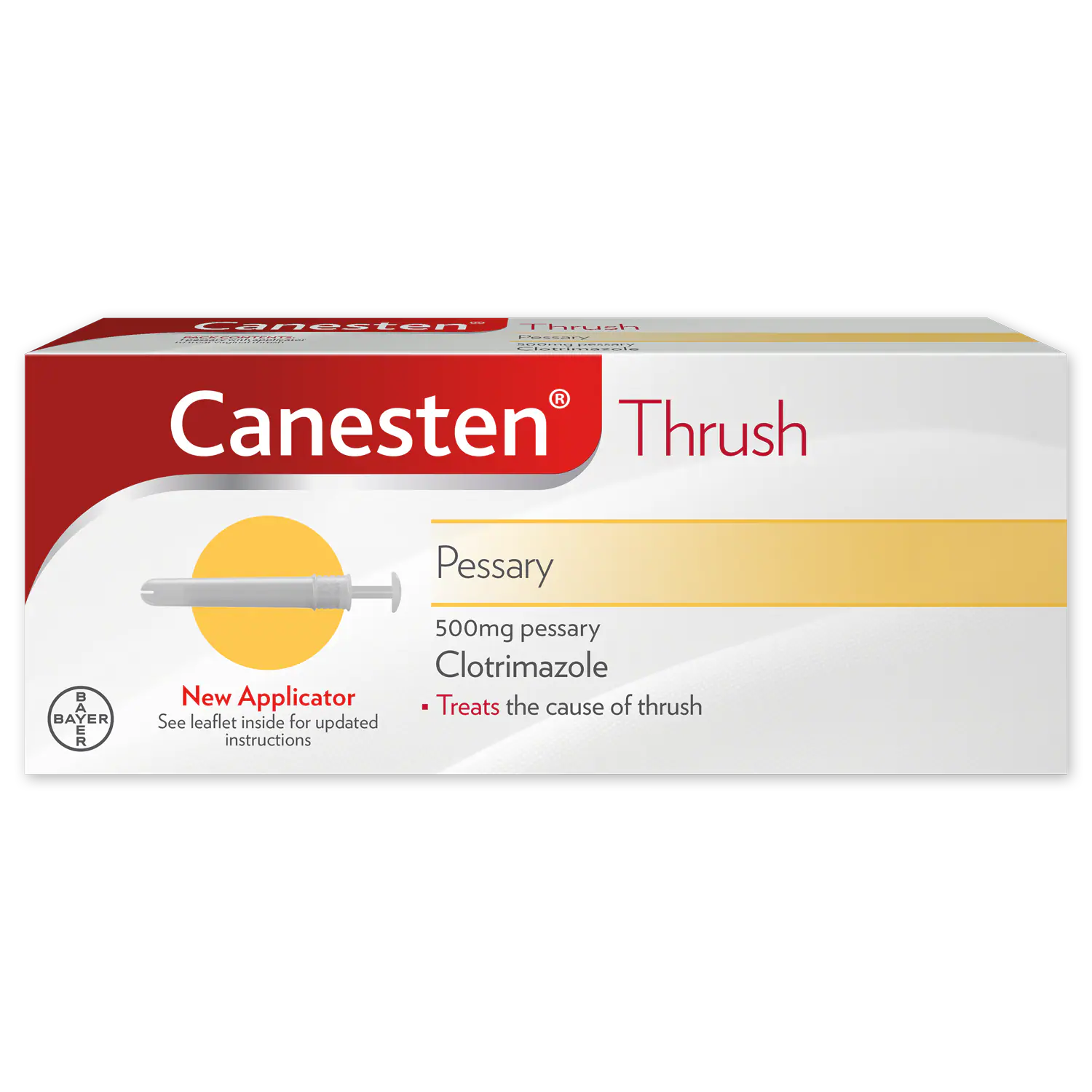

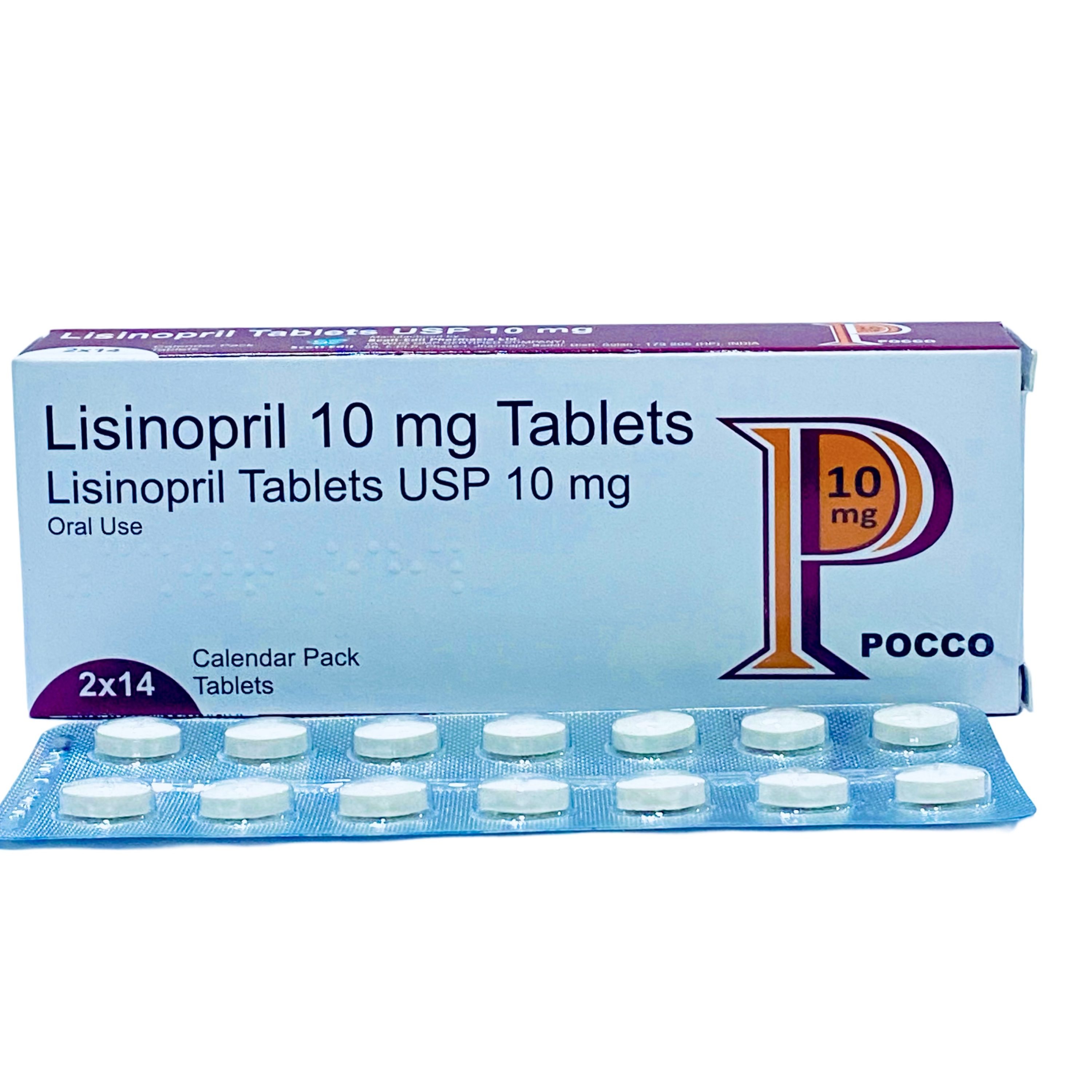







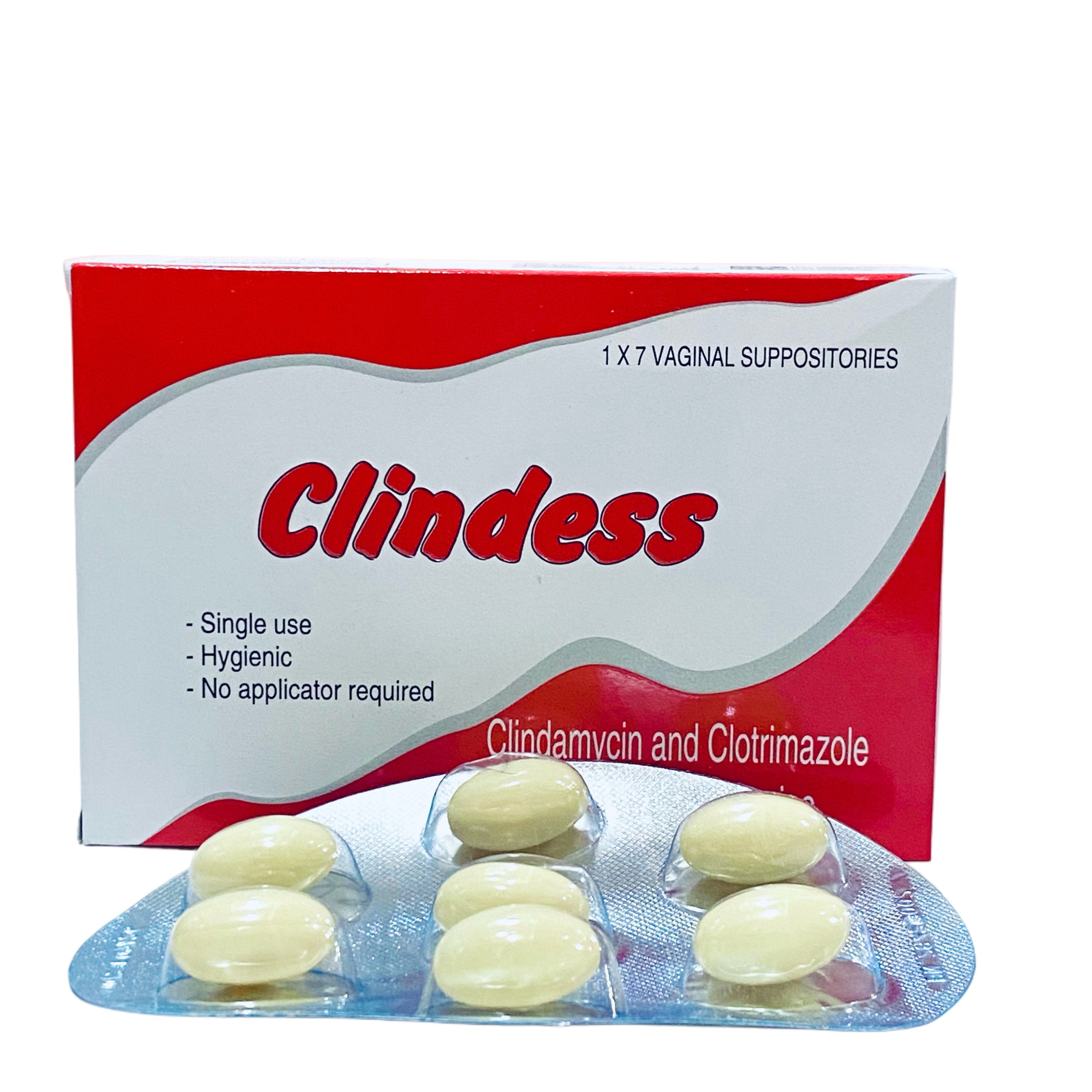
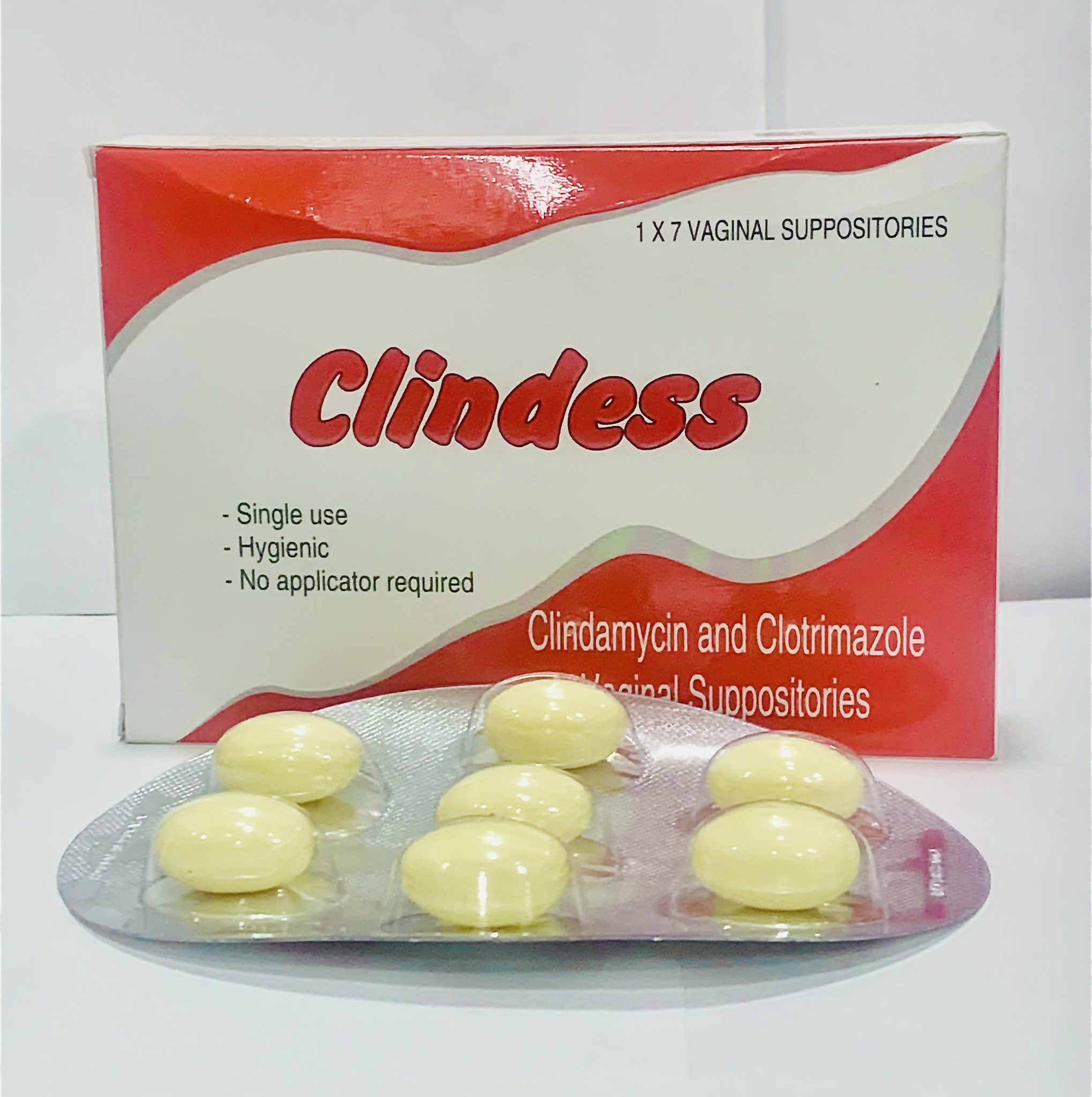
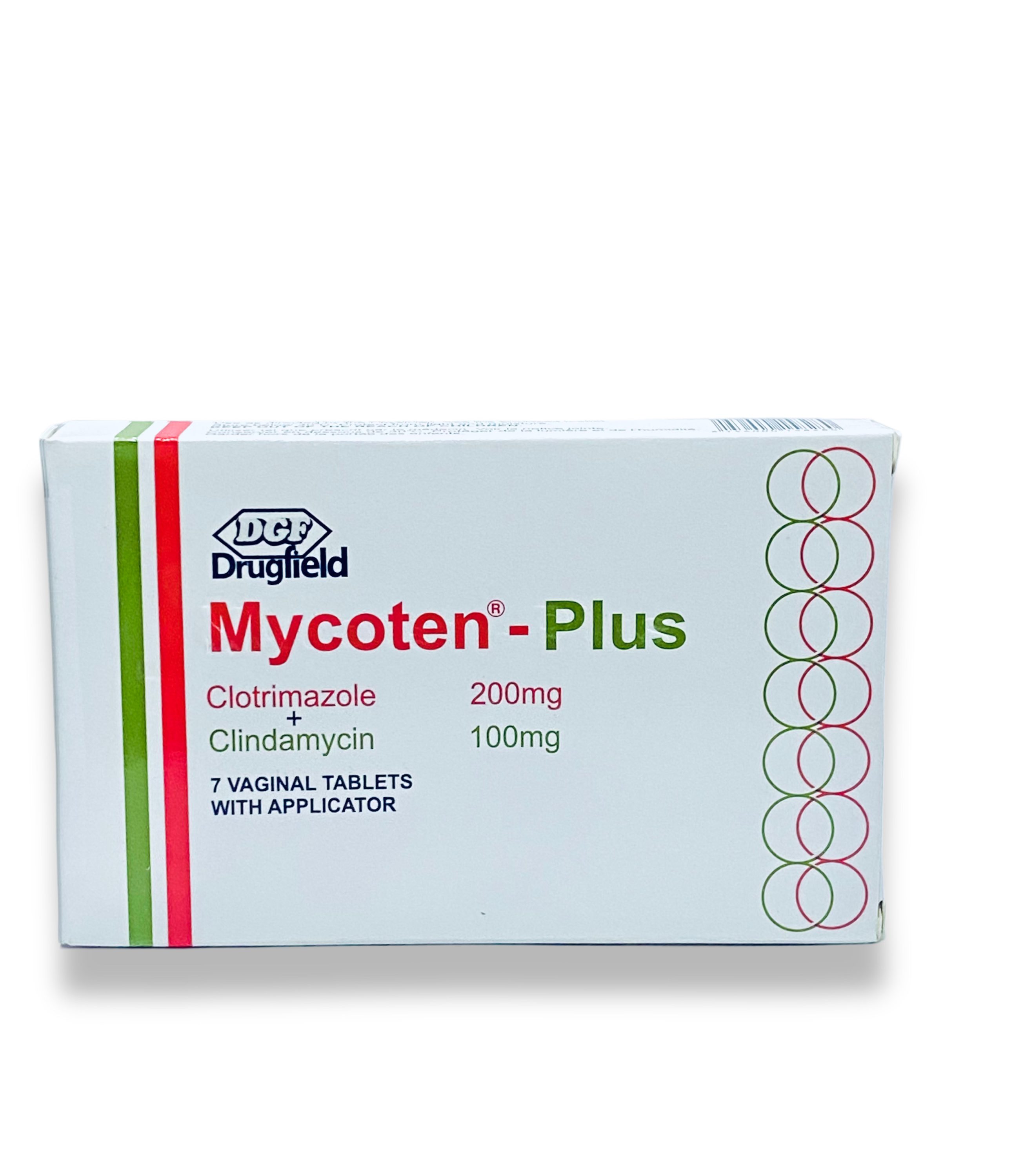
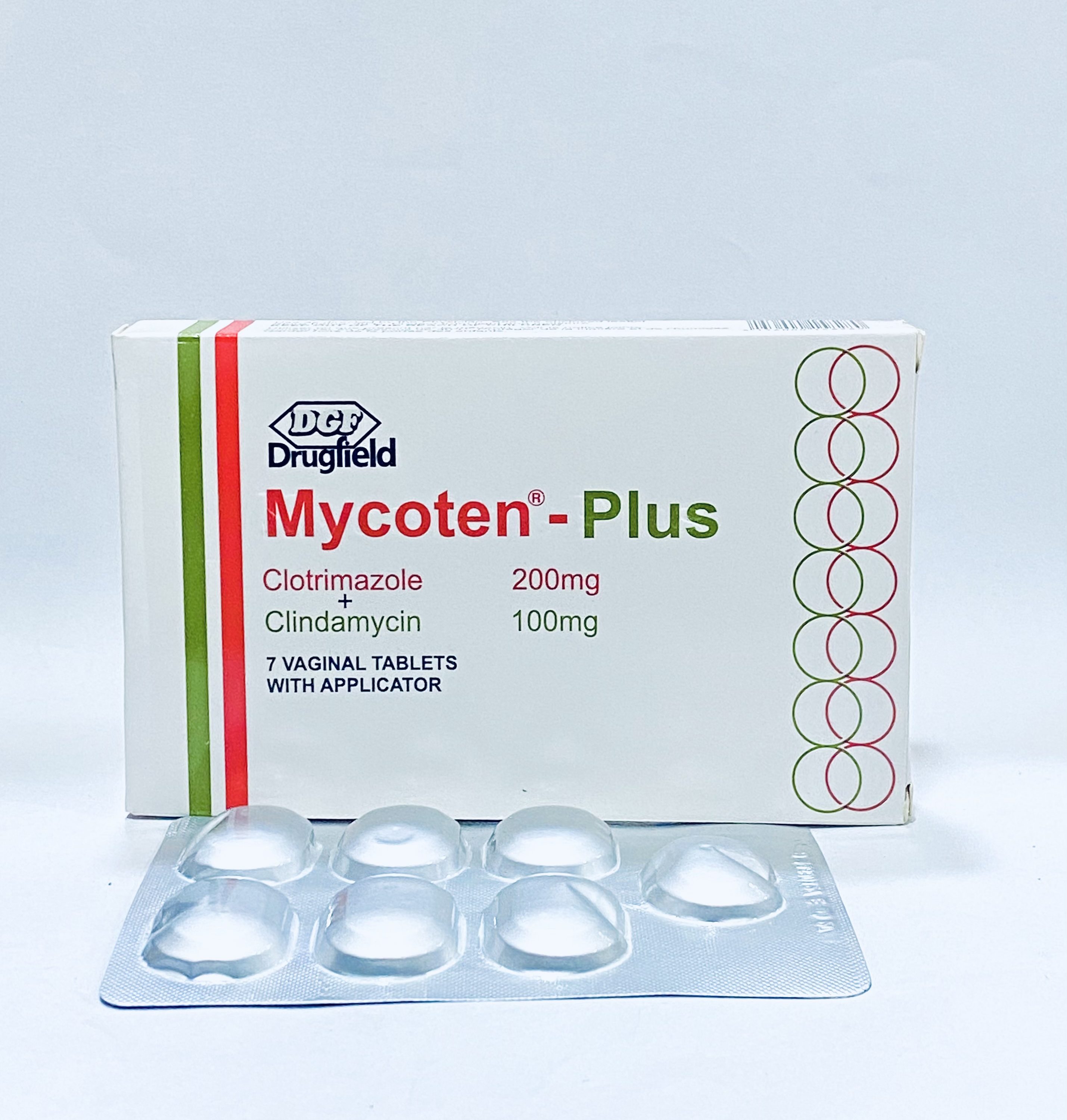
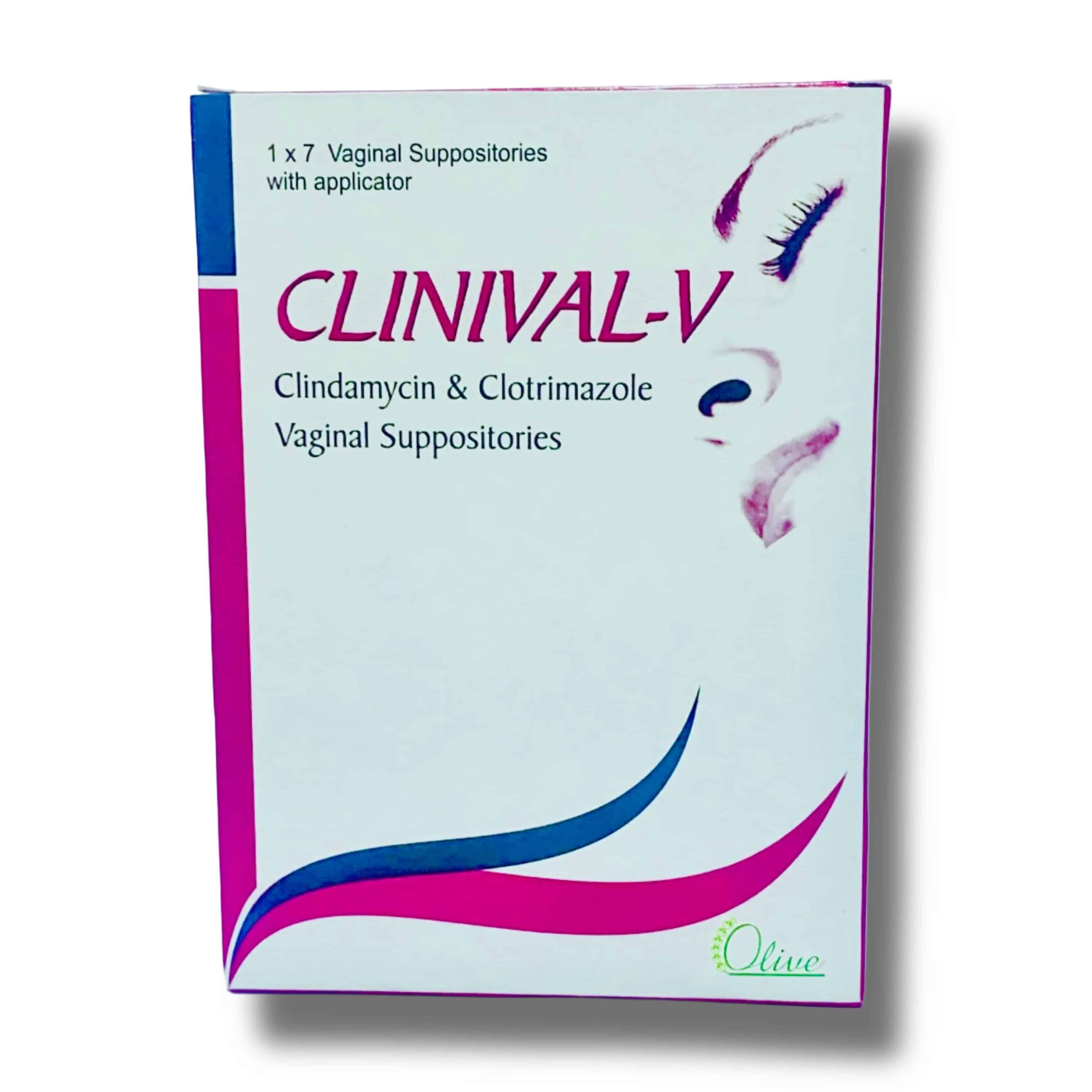
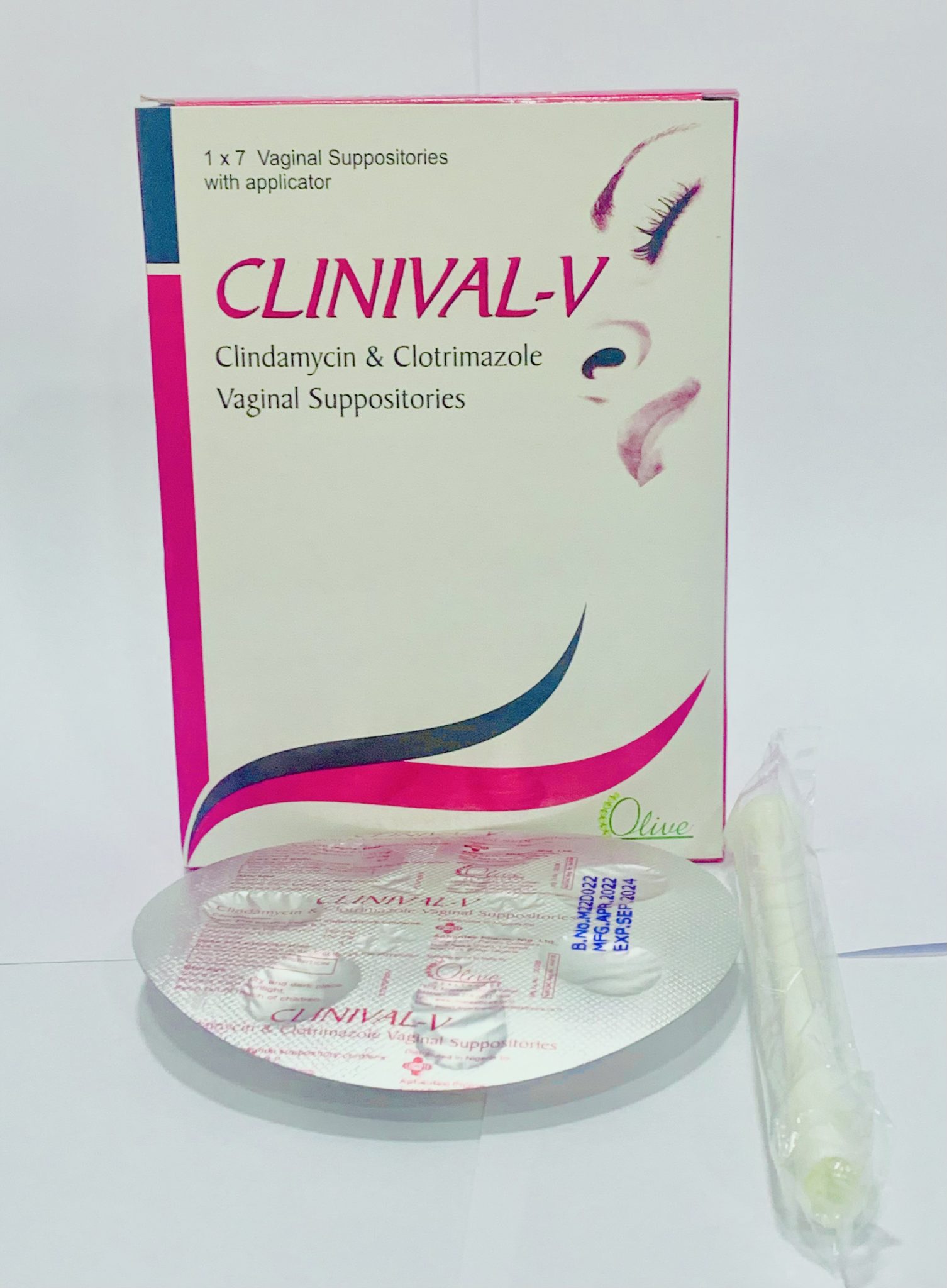






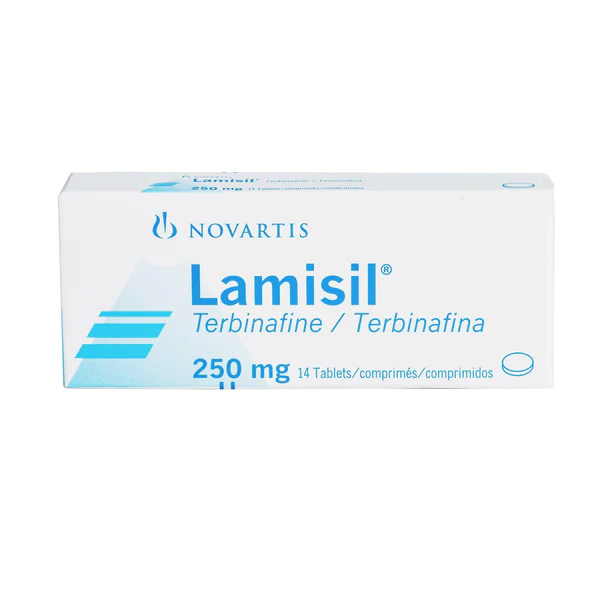




Reviews
There are no reviews yet.